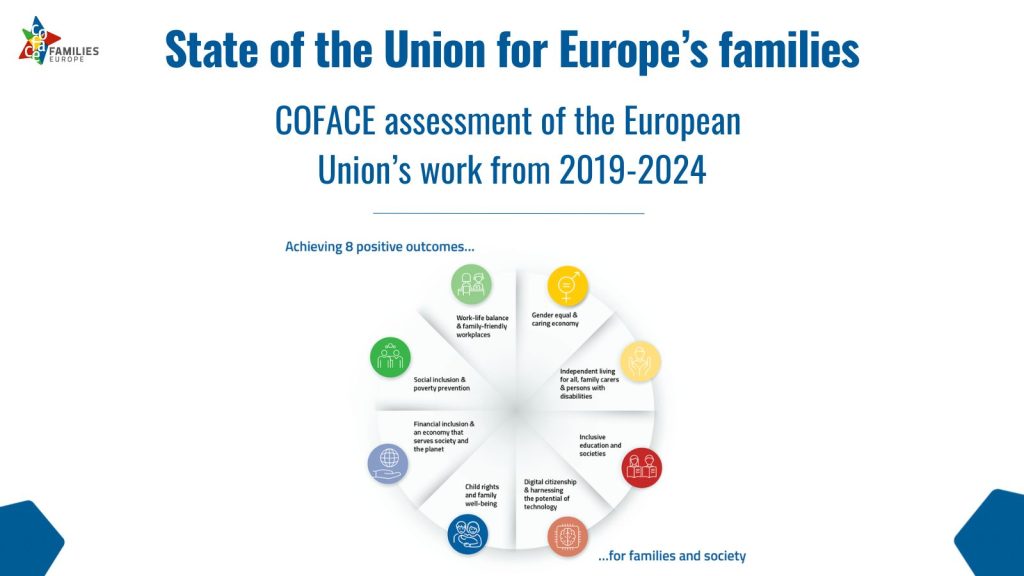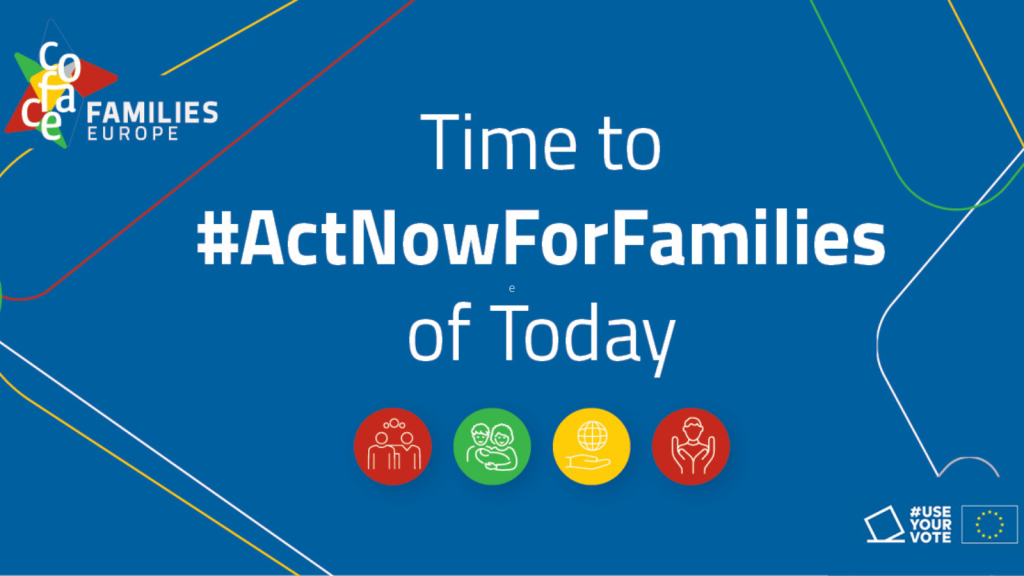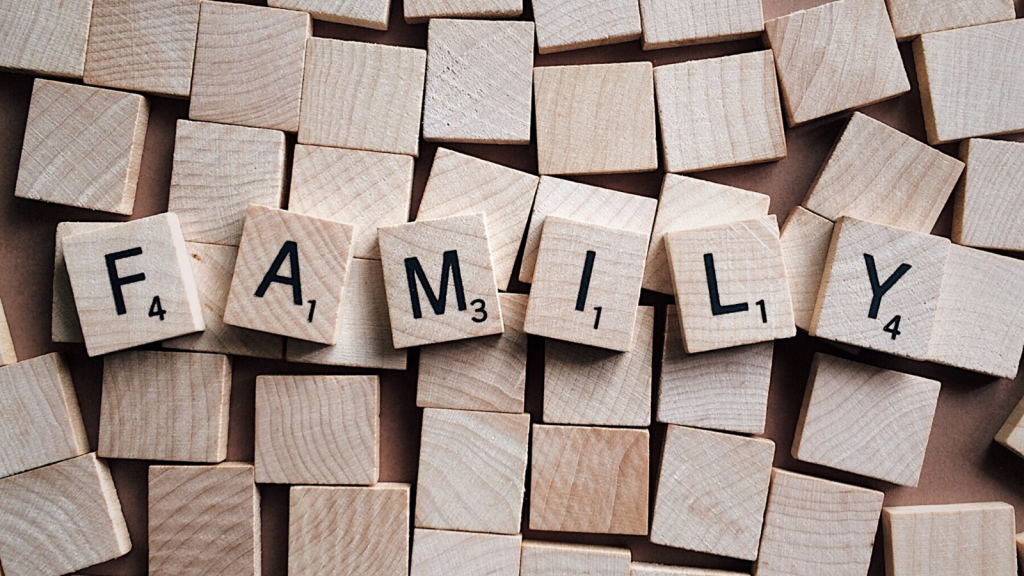- Online quiz about the EU for 15+ years (in all 24 languages): This online quiz has been created for secondary school pupils to help them understand the basics about the EU. It can be played as part of a lesson or as homework. It works on computers, tablets and smartphones.
- How to vote (in all 24 languages): Choose your country of voting and your preferred language to find out how to vote. As an EU citizen, you can vote in your country of origin, from abroad or in the EU country you live in. Please note that registration might be required in order to vote.
- About the EU – basic information (in all 24 languages): Information on countries, EU symbols, the Euro, Eu budget, EU in figures, European history, EU presidents, institutions and bodies, agencies, working for and with the EU, EU funding and downloads of The General Report on the Activities of the European Union, The European Union – What it is and what it does and Europe in 12 lessons.
- How the European Union works – Your guide to the EU institutions: This publication is a guide on how the European Union (EU) works. ‘How the EU works’ means how decisions are taken at EU level and who takes those decisions. At the heart of this decision-making process are the EU institutions — such as the Parliament, the Council and the European Commission — which you may have heard of, and there are others. To show how the EU works, this publication first explains how EU legislation is made. It then gives further insight into each of the EU institutions, as well as the agencies and bodies supporting them.
- The EU at work (in all 24 languages): The European Union has its own legislature and executive, as well as an independent judiciary and a central bank. These are supported and complemented by a set of institutions and bodies, the powers conferred on which derive from the founding Treaties. The Union’s powers have evolved considerably over the years through the successive Treaties, as have its decision-making procedures, which Parliament and the Council now follow when legislating on most EU policies. The Union also has its own budget with which to achieve its objectives. The Lisbon Treaty gave Parliament an equal say with the Council to decide on the entire EU budget and the multiannual financial framework.
- How the EU budget will be spent (in all 24 languages): The long-term budget sets out the EU’s long-term spending priorities and limits. The EU budget finances activities ranging from developing rural areas and conserving the environment to protecting external borders and promoting human rights. The Commission, the Council and Parliament all have a say in determining the size of the budget and how it is allocated. But it is the Commission that is responsible for spending. The EU countries and the Commission share responsibility for about 80% of the budget. This page contains drafting the budget, managing EU funds and what the money goes on.
- How does the Council of the EU vote? (in all 24 languages): Depending on the issue under discussion, the Council of the EU takes its decisions by simple majority, qualified majority or unanimous vote. Read more about it and look into voting results.
State Of The European Union for Families: COFACE assessment of the European Union’s work from 2019-2024
In 2019, COFACE Families Europe mobilised voters locally through its member organisations (representing families of all types, without discrimination). These recommendations are addressed at EU-level policymakers in the European Commission, European Parliament and Council of the EU, from whom we expect joint leadership to ensure tangible results for Europe’s citizens. It is on this basis that we have assessed the European Union's work from 2019 to 2024, and how it contributes to achieving eight positive outcomes for families of today.





